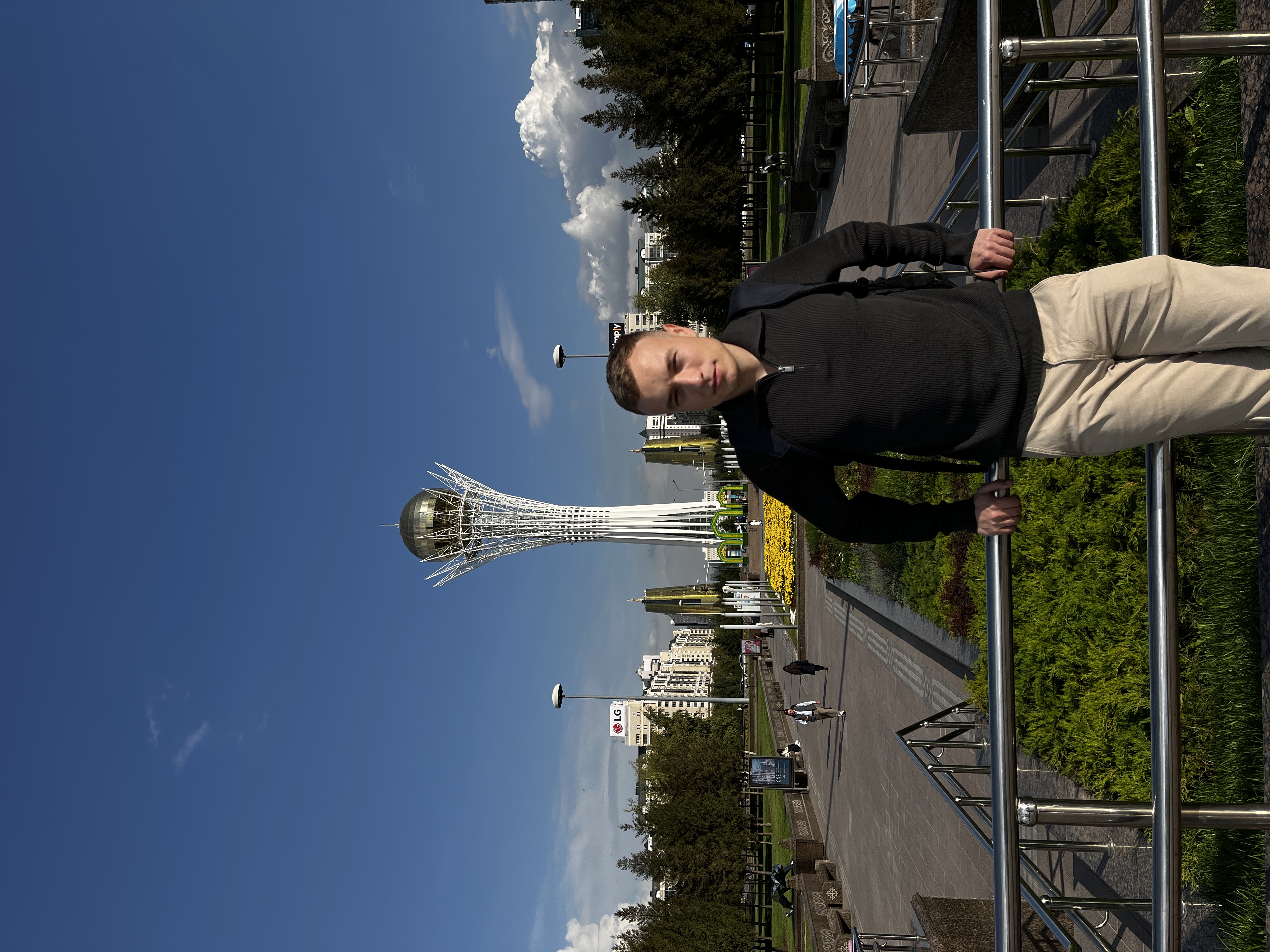Eastok is a window into the digital East.
The name “Eastok” combines two words meaning the eastern direction – English *east* and Russian *vostok* (восток). From a Polish perspective, “the East” often refers to the entire post-Soviet space – from Eastern Europe, through the Caucasus, to Central Asia.
At the same time, “Eastok” also evokes the Russian word *istok* (исток), meaning “source”. The mission of the project is to be a source of knowledge about technology, business, and regional mindset in the post-Soviet world.

Hi, I’m Damian
I have long been interested in the post-Soviet region, Russian language, and the world of technology – these topics have become part of my daily life.
I studied Russian for business and international economic relations with a specialization in foreign trade. I traveled across post-Soviet Eastern countries, learning about local communities and diasporas. After several years working in foreign trade, I switched to IT, teaching myself PHP programming. Eastok allows me to combine my passion for technology with my experience in the region.
Want to talk about the region or collaborate?
I am always open to exchanging thoughts about Eurasia.
Write to me